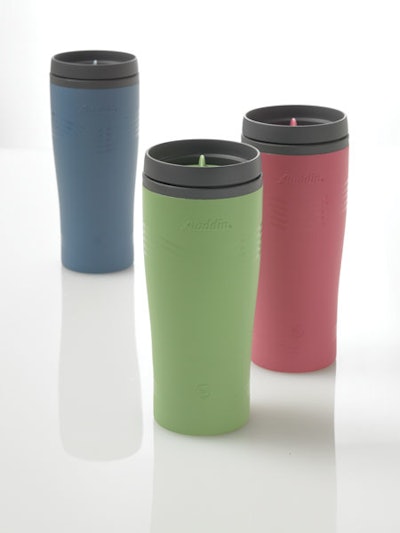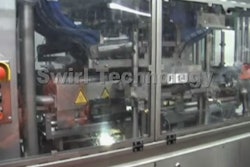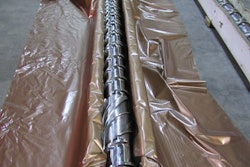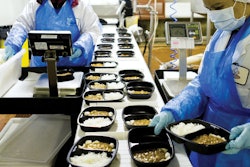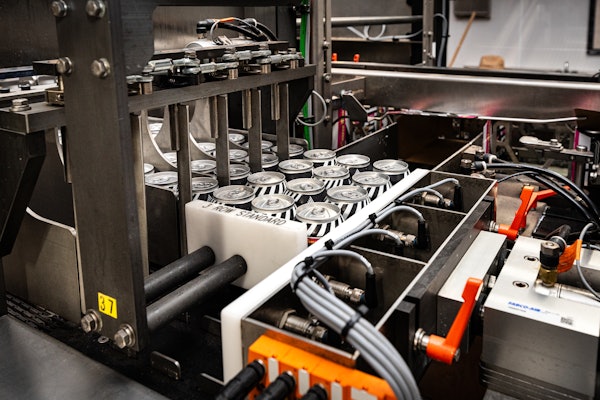However, concerned consumers should know that several alternatives to polycarbonate baby bottles exist, including glass baby bottles,” says the FDA’s Web site.
One Bisphenol-A alternative is Eastman’s (www.eastman.com) Tritan™ copolyester. An early adapter of Tritan is the Clean & Clever Water Bottle™ line from Aladdin®, a division of Seattle-based Pacific Market Intl., marketer of insulated food and beverage storage products. Aladdin’s 24-oz water bottles will be marketed to active women and their families as a BPA-free, durable container that’s dishwasher-safe, as well as shatter-, stain-, scratch-, and odor-resistant.
“Tritan offers exceptional clarity and unmatched durability when compared to polycarbonate,” explains Robert Harris, Pacific Market’s CEO and owner. “After a thorough examination of Tritan and its benefits, we’re confident we chose the most versatile polymer on the market.”
Eastman says that Tritan combines the chemical-resistance and low residual stress of traditional copolyesters with higher heat-resistance. Tritan is said to provide excellent processability and can be used in molds designed for polycarbonate. From initial R&D testing to retail rollout, Aladdin was able to commercialize the Clean & Clever product line within eight months.
“While our operations team had little experience working with copolyester molding in the past, the performance characteristics of Tritan made the transition far easier than we could have predicted,” says Harris. The Aladdin Clean & Clever line of water bottles will be sold at Kohl’s department stores and online through Aladdin at www.aladdinsustain.com.
Aladdin keeps BPA options open
Despite its use of Tritan, Aladdin’s Web site notes the following: “Some of our reusable water bottle products are made from food-grade polycarbonate, which includes BPA. Food-grade polycarbonate has been approved by the Food and Drug Administration for direct food contact use, which includes drinking water.”
Glass, flexible packaging options
Clemson University professor Dr. Kay Cooksey says, “The industry will” continue to support BPA. “But if you can switch to a retort pouch, or flexible, reusable sports bottle, the flexible packaging business would love it.”
Although glass serves as an option to plastic rather than an alternative to BPA in plastics, the Glass Packaging Institute (www.gpi.org) responded with a press release issued shortly after a U.S. National Toxicology Program draft questioned the safety of BPA. GPI’s press release said, “While questions continue to arise about BPA and reports surface about the possible harmfulness of the chemical, concerned consumers are welcome to turn to glass—a packaging material that has proven safe for over 400 years.”
The release quoted GPI president Joseph Cattaneo as saying, “Consumer preferences for pure packaging are leading many consumers to turn to glass because of its inert characteristics and ability to maintain the purity and taste of products.”
